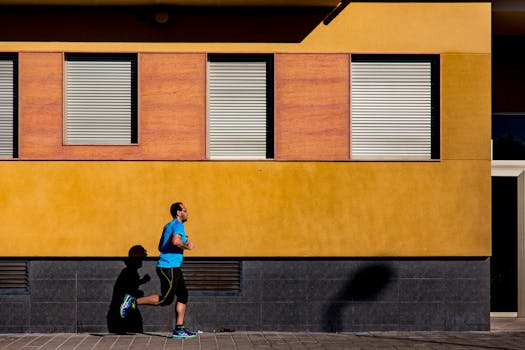
Why Warming Up Matters
Warming up before a race is essential for preparing your body and mind. It helps activate your muscles, improves circulation, and reduces the risk of injury. A good warm-up will enhance your performance and set a positive tone for the race ahead.
General Warm-Up Tips
- Start your warm-up 30-45 minutes before the race.
- Dress appropriately for the weather conditions.
- Include both dynamic stretches and light aerobic activity.
Step-by-Step Warm-Up Routine
- Light Jog (5-10 minutes)
Begin with a gentle jog to gradually increase your heart rate and blood flow.
- Dynamic Stretches (5 minutes)
Incorporate leg swings, arm circles, high knees, butt kicks, and lunges to activate major muscle groups.
- Strides (4-6 x 50 meters)
Finish with a few short sprints at race pace to get your body ready for high-intensity running.
- Mental Preparation (2-3 minutes)
Take a few moments to visualize your race and focus on your strategy.
Sample Warm-Up Routine
- 5 minutes easy jogging
- 5 minutes dynamic stretches
- 4 x 50m strides with walking back recovery
- 2 minutes deep breathing and visualization
Conclusion
A well-structured warm-up routine can make a significant difference on race day. Stick to your routine, listen to your body, and approach the starting line ready to perform your best!
Comments
Post a Comment